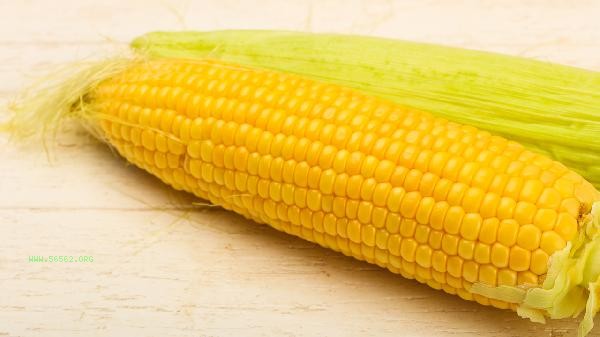It is usually possible to soak corn overnight before cooking, but soaking for too long may affect the taste and some water-soluble nutrients. Soaking corn can help shorten cooking time, but attention should be paid to clean water quality and temperature control. Soaking corn and cooking it can soften the cell wall, making starch easier to gelatinize and improving digestion and absorption rate. Soaking corn kernels in cold water for 8-12 hours can fully absorb water, reducing the subsequent boiling time by about one-third. The soaking process will result in the loss of a small amount of vitamin B and vitamin C, but minerals and dietary fiber will be retained relatively intact. It is recommended to soak in filtered water and refrigerate in summer to avoid spoilage. If the room temperature exceeds 25 degrees, it should not exceed 6 hours.

In special cases, such as sweet corn or glutinous corn varieties, prolonged soaking may lead to sugar dissolution or a soft texture. Soaking sweet corn for more than 6 hours will reduce its sweetness, while aged dry corn needs to be soaked for an additional 24 hours to fully rehydrate. If turbidity or sourness is found in the soaking water, it should be discarded immediately. This type of spoiled corn may breed mycotoxins. For ready to eat fresh corn, steaming it directly can better maintain its original flavor.

It is recommended to choose fresh corn of the current season for daily consumption, and the soaking time should be controlled between 4-8 hours. When cooking, you can keep 2-3 layers of bracts to lock in nutrients, and adding a little salt after boiling water can help maintain the color. The immersion time can be appropriately prolonged for those with weak digestive function, but excessive consumption of glutinous corn is not recommended for diabetes patients. Corn silk can be boiled and consumed together with water, and the flavonoids it contains help promote metabolism.










Comments (0)
Leave a Comment
No comments yet
Be the first to share your thoughts!